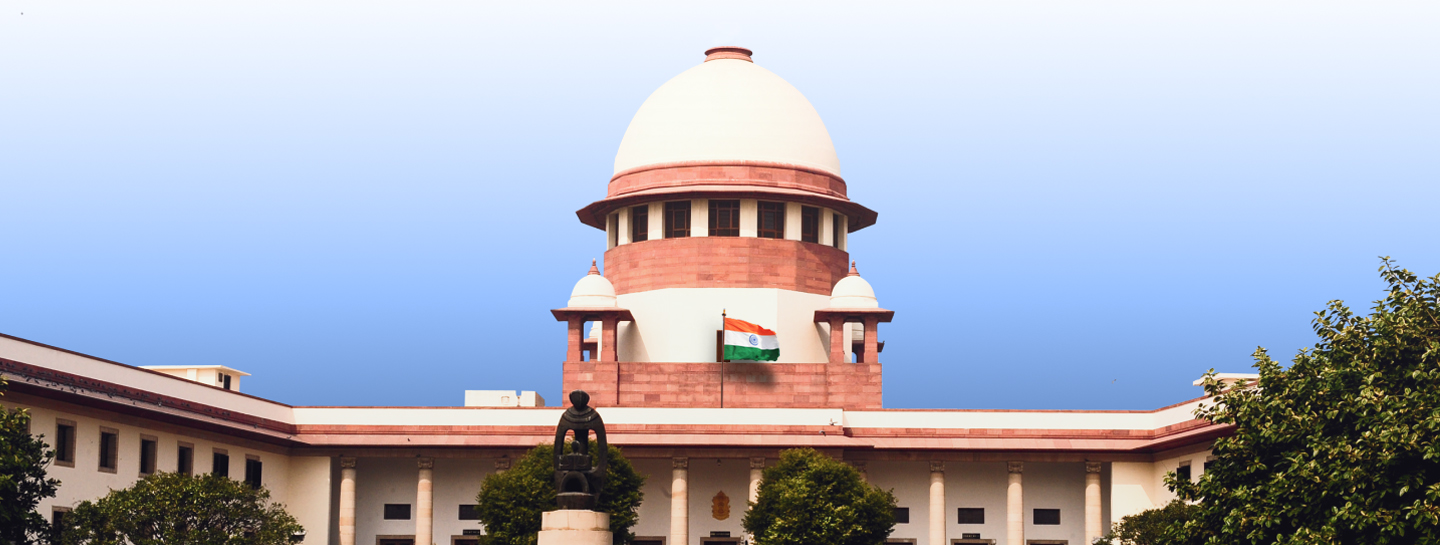Court Overturns Family Court Ruling on Mutual Consent Divorce
In a significant clarification on Muslim personal law, the Gujarat High Court has ruled that a Muslim marriage can be dissolved through Mubaraat—a form of divorce by mutual consent—without the requirement of a written agreement.
A Division Bench comprising Justice AY Kogje and Justice NS Sanjay Gowda delivered the ruling while setting aside a family court’s decision, which had insisted that a written document was essential to validate such a divorce.
Mutual Consent Alone Is Sufficient
The Bench observed that the core principle of Mubaraat lies in both spouses expressing mutual willingness to dissolve the Nikah. “The Court does not find that recording an agreement in any written form is necessary to establish the dissolution of marriage. For the purpose of Mubaraat, the mutual expression of consent itself is sufficient,” the judgment, dated July 23, stated.
The judges emphasized that neither the Quran nor the Hadith nor traditional interpretations of Muslim personal law impose a condition for such divorces to be in writing.
No Essential Role for Written Records in Nikah or Mubaraat
The Court further clarified that even though some marriages are registered or documented through a Nikahnama, such records are not an essential element for a valid marriage under Muslim law.
“A Nikahnama simply records the acceptance of marriage by the parties in the presence of witnesses through the utterance of ‘Kabul.’ It is not a mandatory requirement for the solemnization of a marriage. Similarly, no written agreement is essential for Mubaraat,” the Bench observed.
Case Background
The ruling came in response to a joint appeal filed by a Muslim couple married in 2021. The couple had been living separately for over a year due to irreconcilable differences and mutually decided to end the marriage through Mubaraat.
Their application was dismissed by the family court in April on the grounds that a written Mubaraat agreement was necessary to proceed. Challenging this decision, the couple argued before the High Court that under Shariat law, a written formality is not required for dissolving a marriage through mutual consent.
Legal Context and Interpretation
The High Court examined Section 2 of the Muslim Personal Law (Shariat) Application Act, 1937, and distinguished Mubaraat from Khula, the latter being a divorce initiated by the wife.
The Bench stressed that there is no provision in Islamic texts or established practice mandating a written contract or registration for a mutual divorce. “In the available literature, there is nothing to suggest the existence of a practice to maintain a register for such agreements,” the Court noted.
Outcome and Directions
Allowing the couple’s appeal, the High Court set aside the family court’s order and directed it to consider the divorce application on merits within three months.
Advocate Samrat R. Upadhyay represented the appellants, while Assistant Government Pleader Urvashi Purohit appeared for the State.





